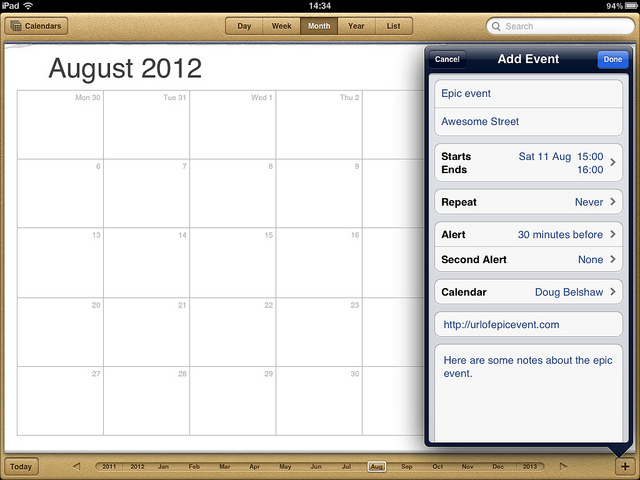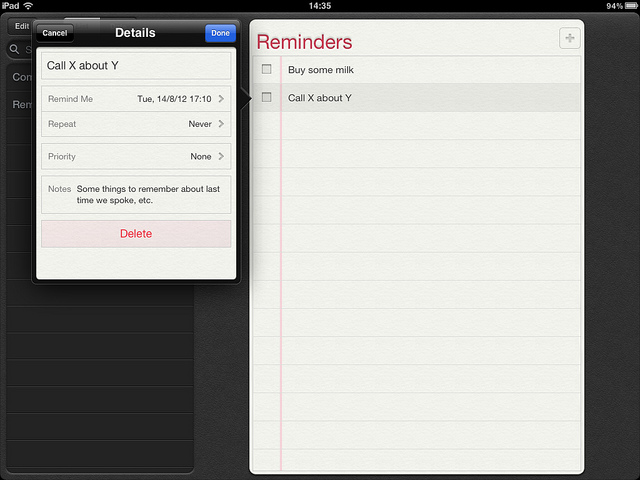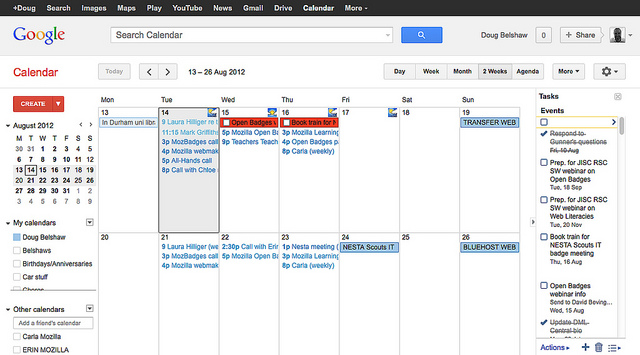Why a ‘mixed economy’ of digital devices is best for your educational institution.

Earlier today, on Twitter, I mentioned that the 64GB version of the BlackBerry Playbook is now at the scandalously low price of £129. They’re practically giving it away.
I mentioned that for some educational institutions that would be a really good fit, especially given that you can side-load Android apps. Eventually, I should imagine, you’ll be able to dispose of the BlackBerry OS altogether and juse go with Android for the entire system.
Bill Lord, a Primary school headteacher, replied that he was looking at a ‘mixed economy’ of devices for his educational institution, adding that he had three main reasons for this approach:
- Pupil needs
- Staff needs (confidence/competence)
- Vagaries of the market
I’m with Bill. To my mind, being an ‘iPad-only’ school makes no sense. It’s replicating the Microsoft vendor lock-in all over again. Since when was school about teaching young people how to use particular types of devices?
Instead, it’s better to look at the affordances of each device. That doesn’t mean how much it costs, but rather what it allows you to do. The BlackBerry Playbook at £129, for example, has front and rear-facing cameras and a high-definition screen. Sounds like an opportunity.
It’s OK to build learning activities around specific devices some of the time, but I wouldn’t want to be doing it all of the time. Why not focus on building and using things that are device-agnostic? Surely that’s a more sustainable option? Use the Web, for goodness’ sake!
Finally, if you’re reading this in the UK you should really stop by HotUKDeals every now and again. I’m on there at least three times a day – and not just to find cheaper stuff than usual. I also find it really enlightening in terms of what people are interested in but, more importantly, the comments people leave and the context they give. There’s some serious expertise there.
Image CC BY-NC reebob




